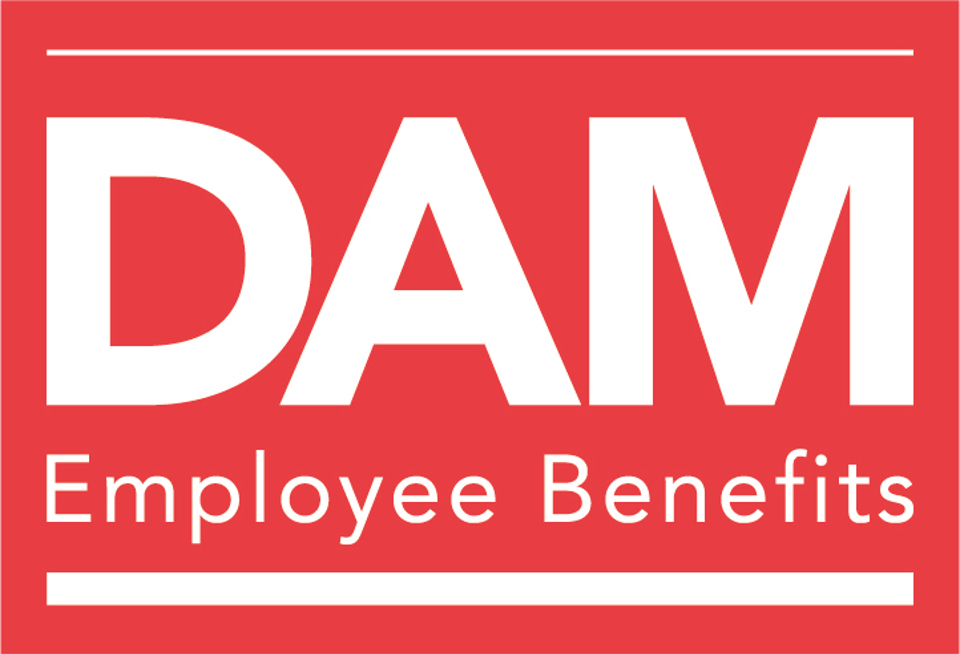Blog. Putting your best foot forward: How to get your finances on the right path
September 21, 2022 | Author Camilla Woods
As we navigate the current cost of living crisis, many will be looking at how to improve their financial wellbeing as well as trying to see if it’s at all possible to make their money stretch further.
Indeed, in the last few weeks alone our Grants and Advisory team have already experienced a 30% increase in applications for financial support. And more than 50% of our applicants are presenting with household arrears such as rent or utilities placing many under increased stress and for some a real risk of potentially losing the roof over their heads.
Good financial wellbeing is hugely important for an individual’s overall mental health, as financial pressures and difficulty in paying bills and managing debts will often lead to increased stress and anxiety which could result in depression and other mental health problems. Indeed, 35% of our applicants are now directly referencing mental health issues in their application, often reporting that this is exacerbated by financial problems.
To limit the financial stress caused by the current cost of living crisis, it is important that individuals seek to make their money work smarter not harder wherever they possibly can though we understand that this may not always be possible for those who simply don’t have enough money to go around.
To help cope with dwindling finances and increasing anxiety, whatever your situation, please remember you can call HA’s 24/7 helpline on 0808 802 0282 or the EAP assistance line on 0808 802 2111 for support and guidance, including information on the financial hardship grants that HA offer to all who work or have worked in hospitality.
Some tips to keep your finances on the right path
We asked our friends at DAM, sponsors of our October Walk for Wellbeing event, to share some key tips that will help you put your best foot forward to ensure your financial situation remains on the right path.
Budgeting
Ask yourself if you are overspending. Figuring out whether you spend more than you earn is fairly quick and simple. If you are eating into your savings and building up debts then the likelihood is you are overspending. But don’t be alarmed when you carry out this task as it is always important to get an accurate idea of your financial situation.

Debts
It is important to work out which debts to pay off first and for those with multiple debts, it can be very helpful to seek free debt advice from an FCA-approved organisation, like Hospitality Action’s debt advice partner, PayPlan. Find out more about PayPlan by visiting their website or contacting HA’s 24/7 helpline on 0808 802 0282 or for EAP members it’s 0808 802 2111.
Savings
Once any outstanding debt is paid off you can turn attention to savings. There are numerous savings vehicles to utilise depending on the amount, length of time you wish to save, what and how often do you need access to it and return/interest rates.
As a rule of thumb for savings, you should aim to build up a reserve fund that will cover up to 3 to 6 months of your income and outgoings in the case of an emergency or unexpected expenditure. After your “emergency fund” is created, you can start to save for whatever savings goal you may have in mind. Saving small regular amounts are just as important as large – starting small allows you to budget and to become familiar with the approach. Even saving the price of a cup of coffee each week and putting that into a savings account will start the savings “habit”.
Pension
Start as early as you can! While it is never too late to start saving for retirement, the sooner you can start to contribute to a pension, the better financial situation you will find yourself in at retirement.
While some may be considering pausing their pension contributes in order to utilise that additional income to reduce the impact of the cost of living crisis, it is important to note that remaining in a pension scheme will be much more beneficial in the long-term than the short-term gain. An alternative would be to reduce your contributions but still ensuring you are paying the minimum amount to receive your employers contribution and tax-free cash.

Mortgages
For those in a position to do so, purchasing your first home or moving to a new property can be an exciting yet daunting time. The best thing you can do is familiarise yourself with the main steps involved as this will help to relieve some stress and feel more comfortable throughout the process.
For example, it is important to know with an interest only mortgage your monthly payments will go towards the interest on the loan only and the capital will still need to be repaid at the end of the term. With a capital and repayment mortgage you will make monthly repayments for an agreed period of time that go towards both the capital and interest meaning the full amount is paid off at the end of the term.
It is also worth noting that your interest rate on your mortgage can differ. Fixed interest allows you to have a payment that will not change over a period of years determined at the outset. The variable rate can change in line with any changes that are made to the Bank of England rate. Variable rates are less attractive, as when the Bank of England increases their rates the monthly payment will also increase.
Learning about the different mortgage structures will also help you be better informed and help you decide what regularly monthly payments you can afford.
Health & Protection
If you need it then protect it! Undoubtedly many individuals will have insurance for things like their phone, pets and household items, yet will stop short with insurance on their income, health and even their life.
The saying “it will never happen to me” often gets thrown around, however if the past two years has taught us anything it is that it can happen to anyone. Taking out individual protection on your income and health will go further in helping create some financial security for you and your family.
For more information on any of these topics, you can visit the MoneyHelper via their website. If you would also like to speak with a qualified financial advisor regarding any of the topics, you can find ones local to you using Unbiased.co.uk
Look after your Body and your Mind
In these uncertain times it's also important to look after your physical health to enhance your mental wellbeing and actively reduce stress. Walking can enhance self-esteem, boost your mood and reduce anxiety and depression. For further information concerning our Walk for Wellbeing event, powered by hospitality talent partner, mum and in partnership with Caterer.com, Davidson Asset Management and The Caterer please click here.
For further advice please visit our advice pages and give our free 24/7 helplines a call on: 0808 802 2111 for EAP subscribers & 0808 802 0282 for everybody else.
#wevegotyou
